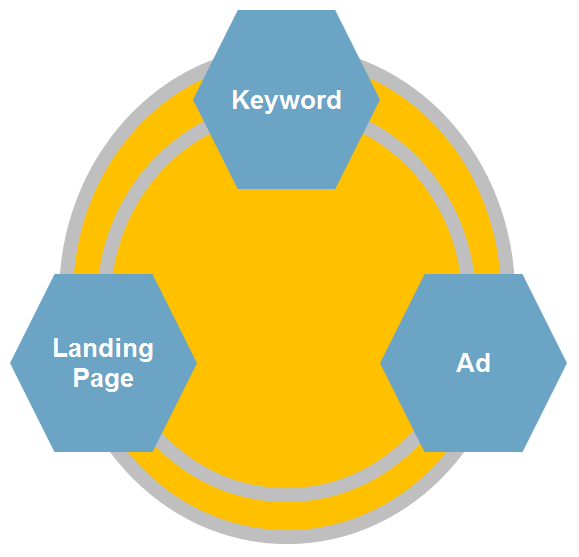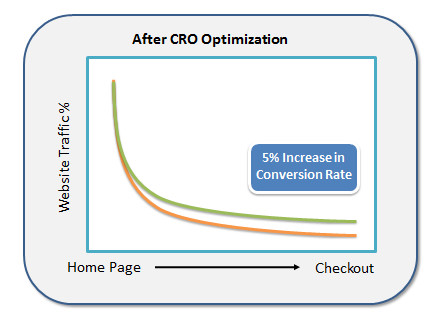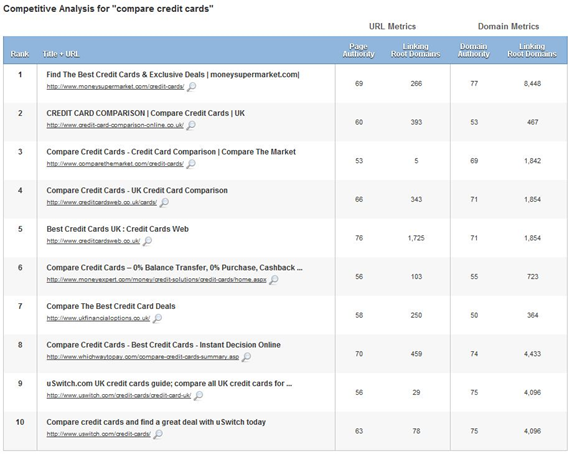Author: Matt Commins, Co-Founder of Fish Tank Media
Since I’ve been doing business development I hear the phrase “is paid search a month job” or close variations to that. By the way, if you told me three years ago I would be doing anything related to business development I would have laughed and ran away because you’re obviously crazy.
This question came to me as I was driving to the meth den known as Stockton to watch the Ports play. I like driving long distances; it helps me think and reevaluate whatever is going on in my life such as how to keep growing Fish Tank Media.
I will admit this could be due to small sample size, but a lot of business owners and marketing directors think paid search is simply gathering a list of keywords and giving them to Google. Not to sound reductive, but let’s look at paid search from a high level, a keyword generates an ad to show in the SERP, user clicks on the ad and goes to a landing page. Or if you’re like most people on the internet, you can jump straight to the image which expresses my point. You thinking what I’m thinking? If you thought Mega Man, then you get a gold star.

If paid search was that simple, I would agree paid search is a one month task. However, just like scouting minor league baseball players, paid search has so many complexities that need to be evaluated before making a decision.
Below are the factors paid search managers need to evaluate in order to be successful:
- Everything starts with keyword discovery. Once the keyword list is generated, they must be grouped into tightly themed ad groups and assigned the proper match type(s). Negative keywords have to be added daily to remove as many unwanted clicks as possible.
- Brief Overview of Match Types: think of match types in terms of a net on a boat. Broad match casts the biggest net and therefore will allow you to catch more fish. However, a lot of the fish will be bad and unusable (i.e. a lot of wasted clicks and ad spend). Exact match casts the smallest net and therefore allows you catch less fish BUT the quality of the fish will be the best. Phrase and broad modifier are somewhere in between exact and broad with phrase casting a slightly larger net than exact and broad modifier casting a slightly larger net than phrase.
- Ads have to be created to reflect the keyword theme for every ad group. Ad creation is the most tedious task for paid search managers, especially when creating a new account or relaunching an account. The paid search marketer has to evaluate and find ad copy that compels its target audience to A) click on an ad and B) convert. On top of all that, ads should take advantage of specific ad formats each search engine offers. For example, Google will add the first description to the headline if the description ends with proper punctuation
- Once an account starts to reach maturity, bidding becomes essential. A paid search account has to incorporate a lot of factors to generate a bid price. Examples include, the lead time it takes before a visitor converts, lifetime value of a customer,assisted conversions, estimated revenue for a keyword and/or keyword theme, bid cap (difference between the bid and CPC), average position, fist page bids, and branding implications.
- Setting up, understanding and evaluating analytics. Reporting and evaluation of every marketing dollar spent can consume half of a paid search marketer’s time and even more if they happen to work in-house. We have to understand and communicate, which is another skill in itself, performance to various people in an organization.
- Often the most over-looked aspect of paid search is Landing Page Optimization (LPO) or Conversion Rate Optimization (CRO). This is what separates a good paid search manager from a great one. I don’t understand why everyone focuses on increasing quality score and lowering first page bids, while landing page optimization never enters the consciousness. In my experience, it will take at least several weeks to repair quality score, if at all. The biggest ROAS on any account will come from landing page testing because this is where the advertiser has the opportunity to convert more visitors into buyers. Based on our recommendations, some of our clients have seen 5% increase conversion rates and made millions of dollars because they’ve tested different page layouts and/or made changes to their shopping cart.

My Conclusion
When talking to potential clients I explain to them our paid search methodology and I still receive reservations about paid search being a short term engagement. I take some of the blame for the loss in translation because it’s my job as a salesman to effectively communicate my thoughts.
I will admit to feeling frustration when talking to people who A) think they know paid search and B) are adamant about paid search being a quick, simple task. It’s like speaking to Aaron Wall about SEO or Don Welke about scouting and not taking their opinion seriously. (I’m not putting myself in their category but everyone who has worked with me professionally knows I’m extremely knowledgeable.)
Originally, I didn’t mean to go a mini rant. Let’s face it: I’m not exactly concise with my thoughts. I hope you have better understanding of where I’m coming from on about the complexities of paid search.




